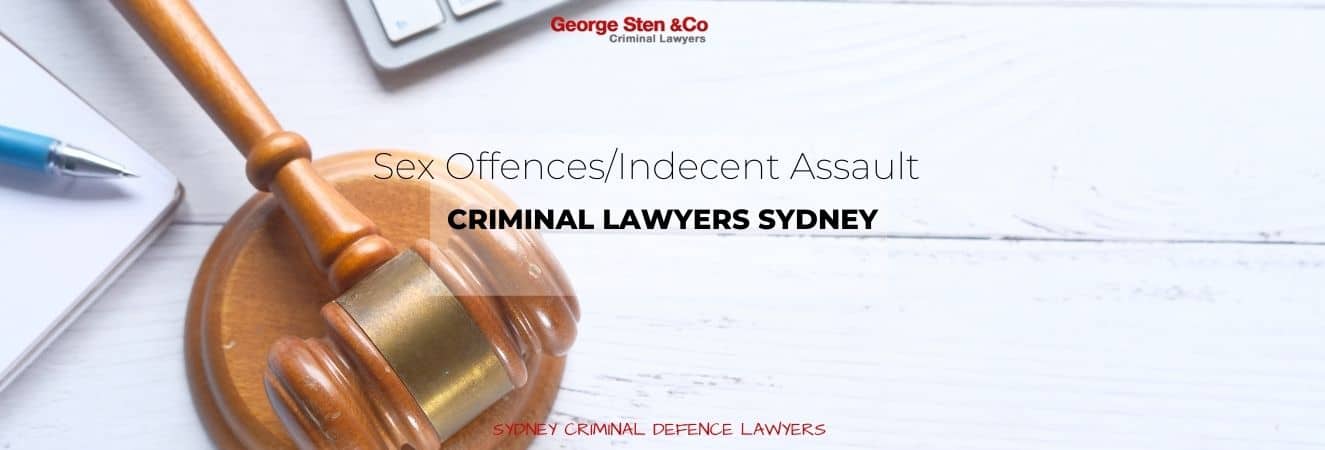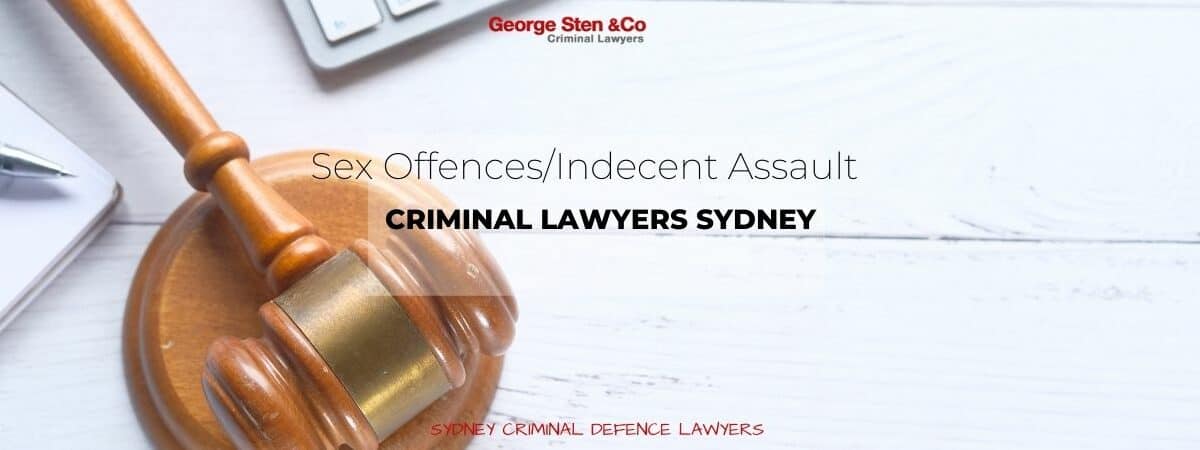- Highest Quality Legal Defence
- 0412 423 569
- 24 hr service
- (02) 9261 8640 緊急案件!Urgent Call
- Make Booking
Up Skirting Offences – Sex Offence – Sydney Criminal Lawyers

Upskirting Offences
- Upskirting Introduction
Although there is no specific law in New South Wales that makes upskirting an offence, there is a section of the Crimes Act 1900 (NSW) that is applicable to upskirting offences. There are two separate offences, which are found under the law. One is the general offence and the other is the aggravated offence, which holds a greater penalty.
As the offence is a crime, the court must be satisfied beyond reasonable doubt that the alleged offender did commit the crime. If you have been arrested or charged with upskirting, contact ourSexual Assault Lawyers Sydney at George Sten & Co to assist you with your case. We only practise Criminal Law and our lawyers are experts in the area.
- The Legislation
In New South Wales, there are no specific laws prohibiting upskirting. However, section 91L of theCrimes Act 1900 (NSW), makes it an offence to film a person’s private parts. This is the most applicable law to upskirting in New South Wales. There are two types of offences that fall under this section, the general offence and the aggravated offence.

General offence
It is an offence for a person to film another persons private parts for the purpose of obtaining or enabling another person to obtain sexual arousal or sexual gratification, without the consent of the person being filmed and knowing that the person being filmed does not consent to being filmed for that purpose.
Aggravated offence
It is an offence for a person to film another persons private parts for the purpose of obtaining or enabling another person to obtain sexual arousal or sexual gratification, without the consent of the person being filmed and knowing that the person being filmed does not consent to being filmed for that purpose AND CIRCUMSTANCES OF AGGRAVATION.
Circumstances of aggravation refers to circumstances where the offender filmed a child under the age of 16 or the offender constructed or adapted the fabric of any building for the purpose of facilitating the commission of an offence.
- Elements that need to be proven
There are several elements that must be proven for each offence. For the general offence, the prosecution must prove that:
i. Video or photograph of another person’s private parts, and
ii. In circumstances in which a reasonable person would reasonably expect the person’s private parts could not be filmed, and
iii. The person being filmed did not give consent to be filmed for that purpose, and
iv. The person who is filming knows that the person being filmed did not give consent to be filmed for that purpose, and
v. For the purpose of obtaining or enabling another to obtain sexual gratification.
For the aggravated offence, the plaintiff must prove the above 5 elements plus either:
i. The person being filmed was under 16 years old or,
ii. The offender constructed or adapted the fabric of any building for the purpose of facilitating the commission of an offence.
For the purposes of this act, ‘private parts’ refers to a person’s genital or anal area. It is also important to note that private parts can be covered by underwear and if they are filmed, the offender is still guilty of an offence.
- Consequences of being found guilty of an offence
The general offence and the aggravated offence have varying penalties, both of which are explained below.
General offence
The maximum penalty for the general offence is 100 penalty units, which is equivalent to $11,000 or two years imprisonment, or both. This is a summary offence so a judge without the presence of a jury will hear it.
Aggravated offence
The maximum penalty for the aggravated offence is 5 years imprisonment. Unlike the general offence, the aggravated offence can be heard in the District Court. Furthermore, if you are convicted of filming a person under the age of 16, you will be placed on the registered sex offender list.
- Defences
In order for the court to find in the prosecutions favour in a criminal proceeding, such as a proceeding concerning s 91L of the Crimes Act 1900 (NSW), the court must be satisfied beyond reasonable doubt that the alleged offender committed the offence. There are several defences that can be used to defend an upskirting charge.One possible defence is that the offender thought that the person being filmed did give consent to being filmed. Unless the offender has been caught in the midst of a sexual act, it is very difficult to prove that the video or photograph was taken to achieve sexual arousal or gratification. Another defence is to claim that the photograph or video is not used in order to gain sexual gratification or arousal for yourself or others.
- Recent cases
Upskirting is very much as problem in New South Wales. The advent of smartphones with camera technology has made it easier for offenders to film and photograph others’ private parts without their consent and knowledge. Some recent cases are discussed below.
In late 2015, a 38-year-old male teacher pleaded guilty to filming the private parts of three 14 year old female students. He was sentenced to a 2 year Intensive Correction Order (ICO) to be served in the community.
In early 2016, a man was caught allegedly filming up young girls’ skirts at a shopping centre in Orange. The investigation began in late 2015 after there were reports of a man filming up skirts in the local mall. The 51-year-old man was arrested for filming up the skirt of a 12-year-old girl. He was charged with 4 counts of filming a person’s private parts under section 91L of the Crimes Act 1900(NSW).
- Conclusion
If you are arrested and charged with an upskirting offence, you should contact our Sexual Assault Lawyers at George Sten & Co as soon as you possibly can. Our specialised sex offence lawyers only practise Criminal Law and are experts in the area.
Before agreeing to a police interview, you should contact us to find out how to proceed. If you find yourself requiring urgent legal advice, do not hesitate to contact us on our 24 hour phone line: 02 9261 8640

